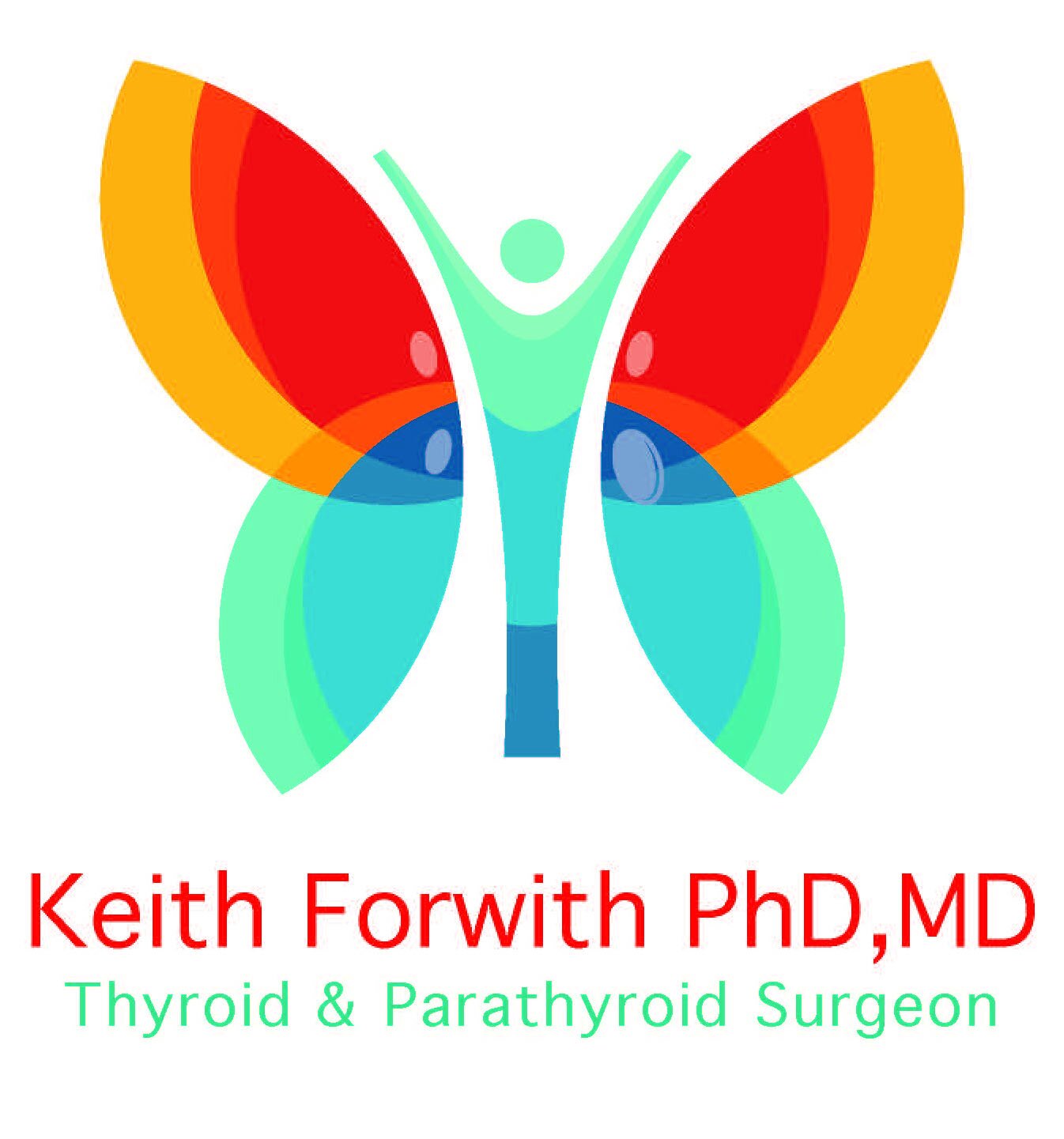Post-Op Instructions for Parotidectomy
Neck Pain: expect some mild pain and neck stiffness after surgery. Use the prescribed pain medicine, which may be changed to Tylenol as pain subsides. A moderate strength narcotic is generally all that is needed for pain control. This may vary, however, depending on the patient. Most pain medicine is usually only needed for 2-3 days. Severe pain not controlled by medication or prolonged pain needs to be evaluated in the office.
How do I take care of my incision?
The incision should be kept dry for the first 48 hours. Antibiotic ointment (generic double antibiotic ointment can be obtained without a prescription) should be applied to the incision twice daily.
How soon do I need an office appointment?
If a drain is placed this will be removed 24-48 hours after surgery. Sutures are removed on week after surgery.
How can I reduce scarring and improve the appearance of my incision?
The most important factor in wound healing is avoidance of sun exposure. Sunscreen! Sunscreen! Sunscreen! Unscented, high SPF (30 or greater), should be used until all the pinkness has completely resolved.
Is sunscreen important?
Yes, you can improve the look of your incision by using sunscreen liberally after the sutures are removed and avoiding sun exposure. Both a sunburn and a suntan can cause your incision to appear more prominent. All sun exposure should be avoided until every last bit of pinkness resolves.
Diet: expect some mild difficulty chewing and pain with chewing. A soft diet is recommended initially, typically for the first 2 days.
Don't Take: Aspirin, aspirin containing products, ibuprofen (Motrin, Advil, etc), naproxen (Aleve) or blood thinning medications for at least two weeks following surgery.
Good Hydration: is key to avoiding excessive pain, fever and malaise.
Fever: Call for fever in excess of 102 degrees that does not respond to Tylenol. The main reason for fever after surgery is failure to clear secretions from the lungs due to inactivity.
Strenuous Activities: should be avoided for the first 2 weeks.
Blowing the Nose: Do not blow the nose forcefully for two weeks.
Expect: some nasal discharge and some very bad breath.
Tooth Brushing: routinely should be continued with care, but avoid use of mouthwashes with alcohol.
Do Not Smoke: or be exposed to second hand smoke for 2 weeks. Smoke is highly irritating to healing tissue.
Sleep: Keep the head elevated while reclining and sleeping for 24-48 hours.
School: Children will typically miss 7-14 days of school. They should not resume gym class for 2 weeks.
Nausea: nausea medication may be used 30-45 minutes prior to pain medicine to avoid the nausea side effect that some patients experience with narcotics.
Bleeding: Call the doctor immediately for bleeding or signs of bleeding. All of the Advanced ENT & Allergy surgeons are experts in this type of surgery and we are on call 24/7/365!













